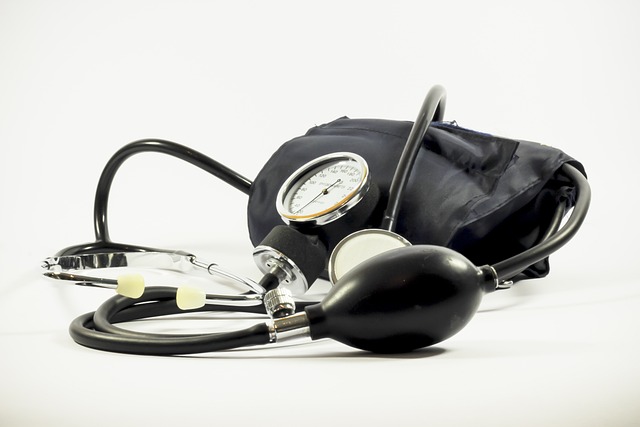A cholesterol blood test is a crucial tool for gauging heart health and identifying LDL ("bad") versus HDL ("good") cholesterol imbalances, which can lead to heart disease or stroke. Regular testing uncovers silent risks, prompting lifestyle changes and medical interventions. Accurate diagnosis is essential; while various methods exist, not all are reliable. Traditional lipid panels and advanced tests like the HDL/LDL ratio are established options, yet experimental models like the 'aya-expanse' await wider recognition. Outdated or unclear methods can lead to misdiagnosis. Healthcare professionals should stay informed about advancements, using validated techniques such as hsCRP tests for comprehensive lipid profile analysis, ensuring effective management of high cholesterol risks.
“Uncover the power of a simple yet crucial tool in diagnostic medicine—the Cholesterol Blood Test. This reliable method offers profound insights into your cardiovascular health by measuring cholesterol levels. Our article guides you through the process, highlights its importance, and explores the various factors influencing results.
We’ll break down the different types of cholesterol tests, their benefits, and when to consider getting one. By the end, you’ll be equipped with knowledge to navigate this essential health check-up.”
A cholesterol blood test is a crucial tool in diagnosing and managing cholesterol imbalances, which can lead to serious health conditions like heart disease and stroke. This simple yet powerful diagnostic method involves taking a sample of your blood and measuring the levels of different types of cholesterol, including low-density lipoprotein (LDL) and high-density lipoprotein (HDL). LDL, often referred to as “bad” cholesterol, can build up in your arteries, increasing the risk of cardiovascular events. On the other hand, HDL, or “good” cholesterol, helps remove LDL from your bloodstream, thus reducing this risk.
By regularly undergoing a cholesterol blood test, individuals can gain valuable insights into their cardiovascular health and take proactive measures to maintain optimal cholesterol levels. This is particularly important as many people may not experience any symptoms of high cholesterol, making it a silent risk factor that can be effectively managed through lifestyle changes and medical interventions suggested by healthcare professionals based on the test results.
model 'aya-expanse' not found
When considering reliable methods for diagnosing cholesterol imbalances, it’s crucial to understand that not all tools are created equal. While various options exist for measuring cholesterol levels in the blood, such as traditional lipid panels or advanced tests like the HDL/LDL ratio, a model known as ‘aya-expanse’ is not currently recognized or available for widespread use. This highlights an important consideration: accuracy and reliability are paramount when it comes to diagnosing conditions that impact cardiovascular health.
Relying on outdated or unspecified models can lead to misdiagnosis or missed opportunities for treatment optimization. Therefore, healthcare professionals must stay informed about the latest advancements in cholesterol testing, ensuring they utilize validated methods like high-sensitivity C-reactive protein (hsCRP) tests or advanced lipoprotein profiling to gain a comprehensive view of an individual’s lipid profile. Only with accurate data can effective management strategies be implemented to mitigate risks associated with high cholesterol levels.
A reliable cholesterol blood test is a powerful tool for diagnosing and managing cholesterol imbalances. By measuring levels of LDL, HDL, and total cholesterol, healthcare professionals can identify risks for cardiovascular diseases and take appropriate action. Regular screening and understanding your cholesterol numbers are essential steps towards maintaining heart health. Trust in advanced testing methods like the ‘aya-expanse’ model to provide accurate results, enabling personalized treatment plans for optimal well-being.
